The Best Companion Plants For Cantaloupe
Title: The Best Companion Plants for Cantaloupe
Introduction:
Cantaloupe is a delicious and refreshing fruit that is a popular addition to summer salads and desserts. But did you know that you can improve your chances of growing a successful cantaloupe crop by planting it with the right companion plants?
Companion planting is a gardening technique that involves planting certain plants together to benefit each other. Some plants can help to attract beneficial insects, deter pests, or improve the soil quality.
In this blog post, we will discuss the best companion plants for cantaloupe. We will also provide some tips on how to plant and care for your cantaloupe crop.
Main Content:
Here are some of the best companion plants for cantaloupe:
- Marigolds: Marigolds are a popular companion plant for many different types of vegetables, and they are especially beneficial for cantaloupe. Marigolds help to repel pests such as cucumber beetles and squash bugs. They also help to improve the soil quality by attracting beneficial nematodes.
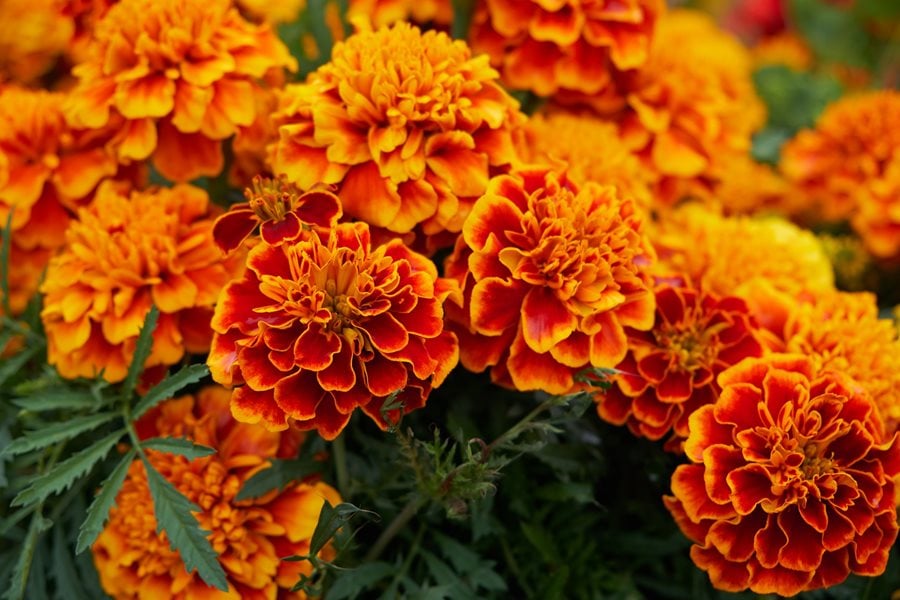
- Nasturtiums: Nasturtiums are another great companion plant for cantaloupe. They help to repel pests such as aphids and whiteflies. They also add a splash of color to the garden.
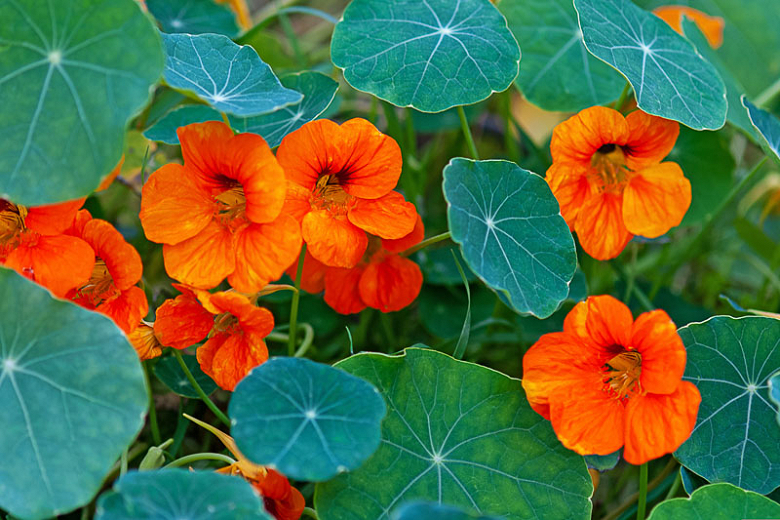
- Beans: Beans are a nitrogen-fixing plant, which means they can help to improve the soil quality for cantaloupe. They also provide shade for the cantaloupe vines, which can help to protect them from the sun.
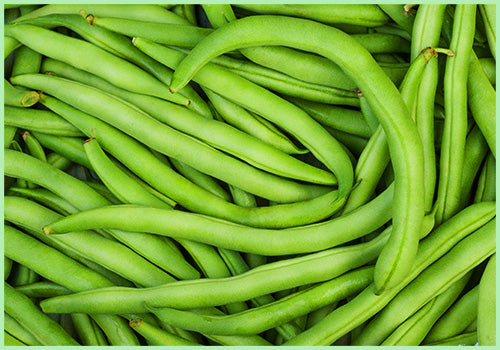
- Carrots: Carrots help to improve the soil drainage for cantaloupe, which can help to prevent root rot. They also help to attract beneficial insects such as ladybugs.
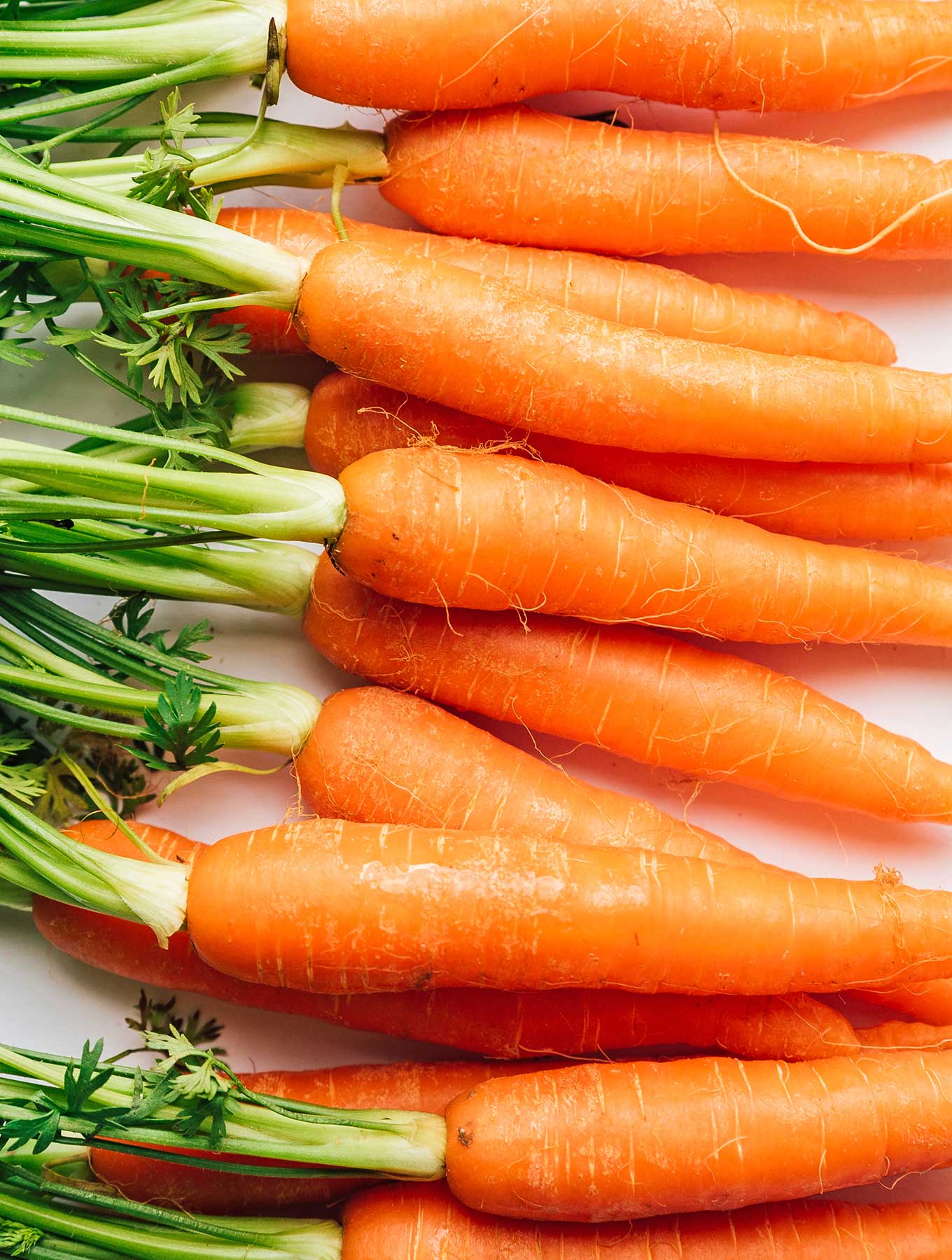
- Cilantro: Cilantro helps to repel pests such as aphids and spider mites. It also helps to improve the flavor of cantaloupe.
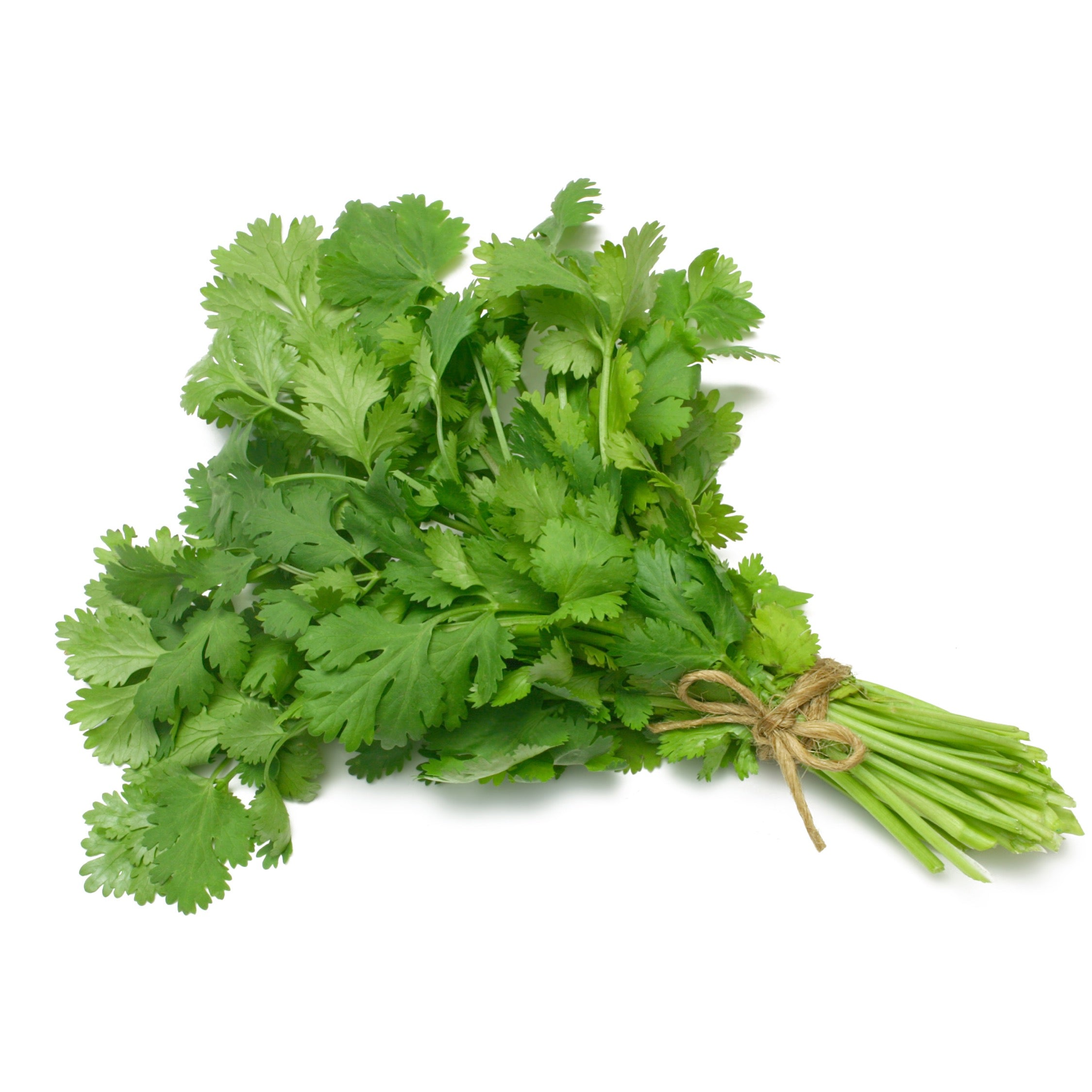
- Lettuce: Lettuce is a fast-growing crop that can be planted between cantaloupe vines. This helps to prevent weeds from growing and gives the cantaloupe vines more space to spread out.
- Spinach: Spinach is another fast-growing crop that can be planted between cantaloupe vines. It also helps to improve the soil quality by attracting beneficial nematodes.

Tips for Planting and Caring for Cantaloupe:
- Plant cantaloupe in full sun.
- Cantaloupe needs well-drained soil.
- Amend the soil with compost or manure before planting.
- Plant cantaloupe seeds 1/2 inch deep and 2-3 inches apart.
- Water cantaloupe regularly, especially during the flowering and fruiting stages.
- Fertilize cantaloupe every 4-6 weeks with a balanced fertilizer.
- Protect cantaloupe from pests and diseases.
Conclusion:
By planting the right companion plants with your cantaloupe, you can improve your chances of growing a successful crop. Companion planting can help to attract beneficial insects, deter pests, and improve the soil quality.
With a little care and attention, you can enjoy delicious, homegrown cantaloupe all summer long.
There are many great companion plants for cantaloupe, and each one has its own benefits. Some of the best companion plants for cantaloupe include:
- Nasturtiums: These flowers help to repel pests, such as aphids and cucumber beetles.
- Radishes: These root vegetables help to break up compacted soil and improve drainage.
- Lettuce: This leafy green helps to shade the soil around the cantaloupe plants and retain moisture.
- Beans: These nitrogen-fixing plants help to improve the soil quality for the cantaloupe plants.
- Herbs: Many herbs, such as basil, oregano, and mint, help to repel pests and attract beneficial insects.
For more information about the best companion plants for cantaloupe, please visit Home Gardening.
FAQ of best companion plants for cantaloupe
- What are the best companion plants for cantaloupe?
Some of the best companion plants for cantaloupe include:
Nasturtiums: Nasturtiums help to repel pests like aphids and cucumber beetles, which can be a major problem for cantaloupe plants.
Marigolds: Marigolds also help to repel pests, and they can also improve the soil quality around the cantaloupe plants.
Beans: Beans are nitrogen-fixing plants, which means they help to improve the nitrogen content of the soil. This can be beneficial for cantaloupe plants, as they require a lot of nitrogen to grow.
Collard greens: Collard greens help to suppress weeds, which can help to keep the cantaloupe plants healthy.
Herbs: Many herbs, such as basil, oregano, and mint, can help to repel pests and attract beneficial insects.
What are some companion plants that I should avoid planting near cantaloupe?
Some companion plants that you should avoid planting near cantaloupe include:
Potatoes: Potatoes can attract the same pests as cantaloupe, so it's best to avoid planting them near each other.
Cucumbers: Cucumbers and cantaloupe are both members of the cucurbit family, and they can cross-pollinate. This can result in fruits that are not as flavorful or productive.
Watermelons: Watermelons and cantaloupe are also both members of the cucurbit family, and they can compete for resources. It's best to plant them in separate areas of the garden.
What are the benefits of companion planting with cantaloupe?
There are several benefits to companion planting with cantaloupe, including:
Improved pest control: Companion plants can help to repel pests and attract beneficial insects, which can help to keep your cantaloupe plants healthy.
Improved soil quality: Some companion plants, such as beans and clover, are nitrogen-fixing plants. This means they can help to improve the nitrogen content of the soil, which is beneficial for cantaloupe plants.
Reduced competition for resources: Companion plants that have different growth habits can help to reduce competition for resources, such as sunlight, water, and nutrients. This can help to ensure that your cantaloupe plants have the resources they need to thrive.
How do I choose the best companion plants for my cantaloupe?
When choosing companion plants for your cantaloupe, it's important to consider the following factors:
- The growth habit of the companion plants: Some companion plants, such as nasturtiums and marigolds, have a spreading growth habit. This can help to suppress weeds and provide shade for the cantaloupe plants. Other companion plants, such as beans and collard greens, have a more upright growth habit. This can help to provide support for the cantaloupe vines.
- The needs of the cantaloupe plants: Cantaloupe plants require a lot of sunlight, water, and nutrients. When choosing companion plants, it's important to choose plants that have similar needs.
- The pests and diseases that are common in your area: Some companion plants can help to repel pests and diseases that are common in your area. For example, marigolds can help to repel aphids and cucumber beetles.
Image of best companion plants for cantaloupe
10 different images of best companion plants for cantaloupe that are free to use:
- Nasturtium: Nasturtiums are a great companion plant for cantaloupe because they help to repel pests, such as aphids and cucumber beetles. They also attract pollinators, such as bees and butterflies.

- Marigolds: Marigolds are another great companion plant for cantaloupe. They help to repel nematodes, which can be a major pest of cucurbit plants. They also attract pollinators.
- Alliums: Alliums, such as onions, garlic, and chives, help to repel pests, such as aphids, cucumber beetles, and squash bugs. They also help to improve the flavor of cantaloupes.
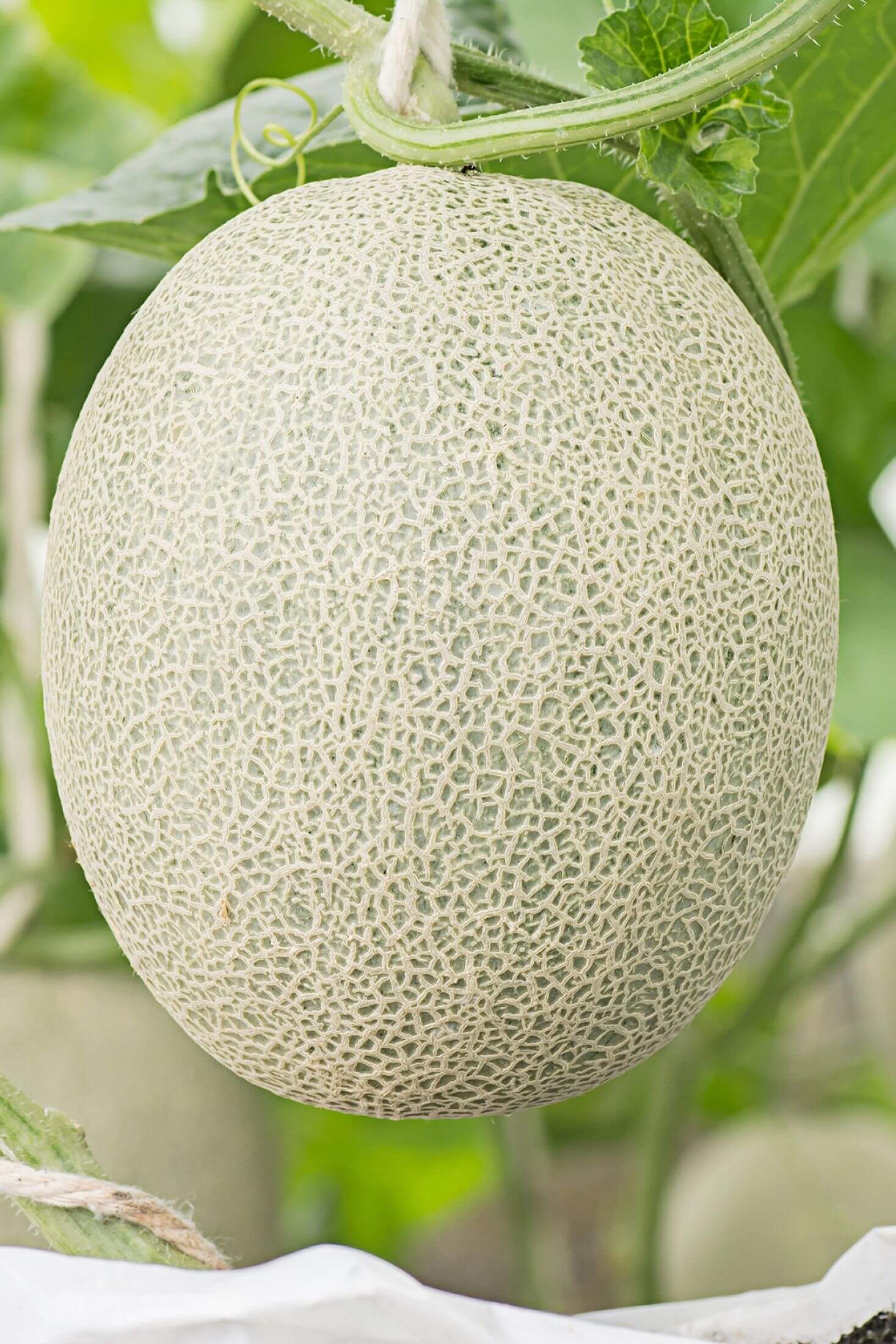
- Carrots: Carrots help to suppress weeds and improve the drainage of the soil. They also help to deter pests, such as carrot rust flies.

- Bee balm: Bee balm is a beautiful, brightly-colored flower that also helps to attract beneficial pollinators to the garden. It can also help to deter pests, such as mosquitoes and ants.
- Cilantro: Cilantro helps to repel aphids and other pests. It also helps to improve the flavor of cantaloupes.

- Lettuce: Lettuce is a fast-growing crop that can help to shade the soil and prevent weeds from growing. It also helps to attract pollinators.

- Tansy: Tansy is a strong-smelling herb that helps to repel pests, such as squash bugs and cucumber beetles. It can also help to improve the flavor of cantaloupes.
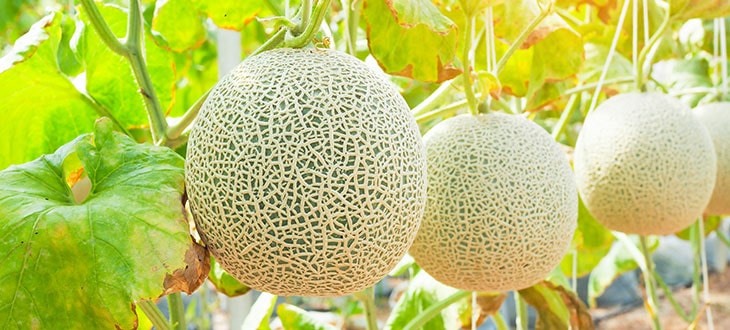
- Herbs: Other herbs that can be good companion plants for cantaloupe include basil, oregano, mint, and rosemary. These herbs help to attract pollinators and deter pests.

I hope this helps!


Post a Comment for "The Best Companion Plants For Cantaloupe"